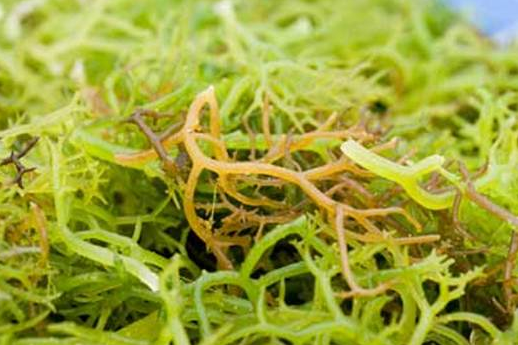
Carrageenan is a food additive that's used to stabilize or thicken a meal. Although carrageenan has been used in the past for its gelling properties, most people think it's a totally new product in the market. This food additive is nowadays found in refined, processed foods. One of the most common natural sources of carrageenan is non-dairy milk such as coconut and almond milk.
Nutritional Benefits
Carrageenan has many nutritional benefits including stabilizing foods, improving the texture and creating a more attractive appearance for different delicacies. In its processed form, the ingredient is useful in keeping lunchmeat fresh and moist. It also preserves food nutrients by protecting the protein content in meals. The food additive is healthy to consume because it is non-GMO, and contains no animal fat or gluten. It's also used as a conventional medicine for treating intestinal problems and coughs. The nutrient is known to reduce swelling and pain, meaning that it is useful in treating peptic ulcers.
Safety Concerns
There are many misconceptions about carrageenan causing various health problems such as liver cancer, birth defects and inflammation just to mention a few. Research by recognized dietary experts and institutions, however, discredit these claims. The experts argue that carrageenan has been consumed for more than 40 years without showing any major health concerns. Oral feeding studies, that do long-term research, have identified this ingredient as safe for human consumption.
Is It Advisable to Mix Carrageenan with Poligeenan?
The two ingredients should be used separately, and should not be mixed. The process of creating poligeenan is totally different from the one used to create carrageenan. There are some conceptions suggesting that there is a possibility of carrageenan being converted to poligeenan during digestion. This is false because the temperature and acid levels required to create the ingredient do not exist in the stomach.